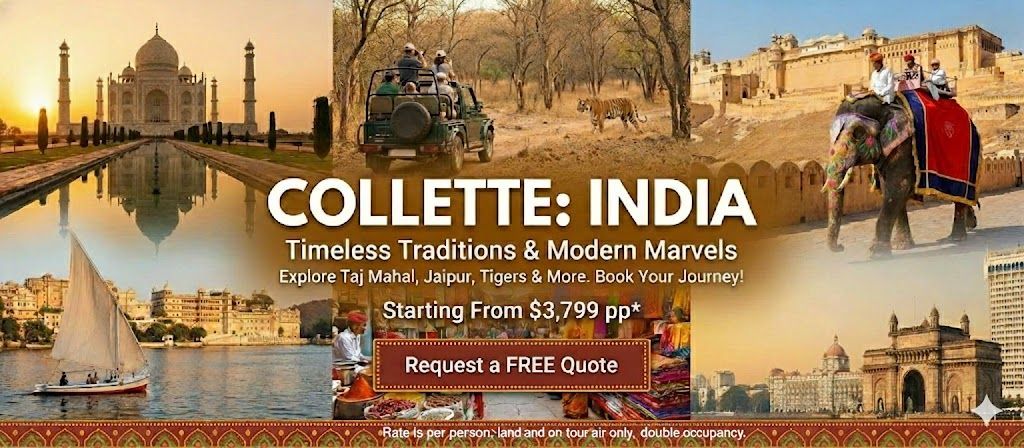Historic Tours
Historic tours around the world offer travelers a tangible connection to the past, moving beyond textbooks to explore the sites and stories that shaped civilization. These tours are incredibly diverse, ranging from archaeological expeditions to the majestic ruins of Ancient Civilizations like the Pyramids of Giza (Egypt), the rock-cut city of Petra (Jordan), and the towering Machu Picchu (Peru). Other popular journeys focus on key historical periods, such as tours of Europe's classical sites like the Colosseum and Parthenon, or the battlefields of World Wars I and II in France and Belgium. By walking the Great Wall of China, strolling through the sprawling temples of Angkor Wat (Cambodia), or tracing the opulent lives of royalty at the Taj Mahal (India), travelers gain profound insight into human ingenuity, cultural complexity, and the rise and fall of empires, often guided by expert historians who bring these powerful narratives to life.
The most popular historic tours around the world offer profound journeys into ancient and pivotal human civilizations, often centered on UNESCO World Heritage Sites. Top destinations include tours of the Pyramids of Giza in Egypt, showcasing the advanced engineering of ancient pharaohs, and the stunning Taj Mahal in India, a 17th-century symbol of eternal love. The Americas draw visitors to the mysterious Incan citadel of Machu Picchu in Peru and the ancient Mayan ruins of Chichén Itzá in Mexico. In Europe, the enduring power of the Roman Empire is explored at the Colosseum in Italy and the classical brilliance of the Parthenon atop the Acropolis in Greece. Finally, tours across Asia are immensely popular, whether traversing the vast Great Wall of China or wandering through the colossal 12th-century temple complex of Angkor Wat in Cambodia. These historic tours provide immersive experiences that allow travelers to walk in the footsteps of history and witness the architectural and cultural achievements of the past.
For a smooth trip abroad, preparation is key: ensure your passport is valid for at least six months beyond your return date, check if a visa is required, and notify your bank and credit card companies of your travel dates to prevent fraud holds. Always research your destination's culture and local laws to be a respectful traveler, and consider purchasing travel insurance for unexpected medical emergencies or cancellations. Once there, keep digital and physical copies of your important documents (like your passport) separate from the originals, and don't forget a **power adapter** and a basic **phrasebook** or translation app.
What part of the travel planning process are you focusing on right now?


